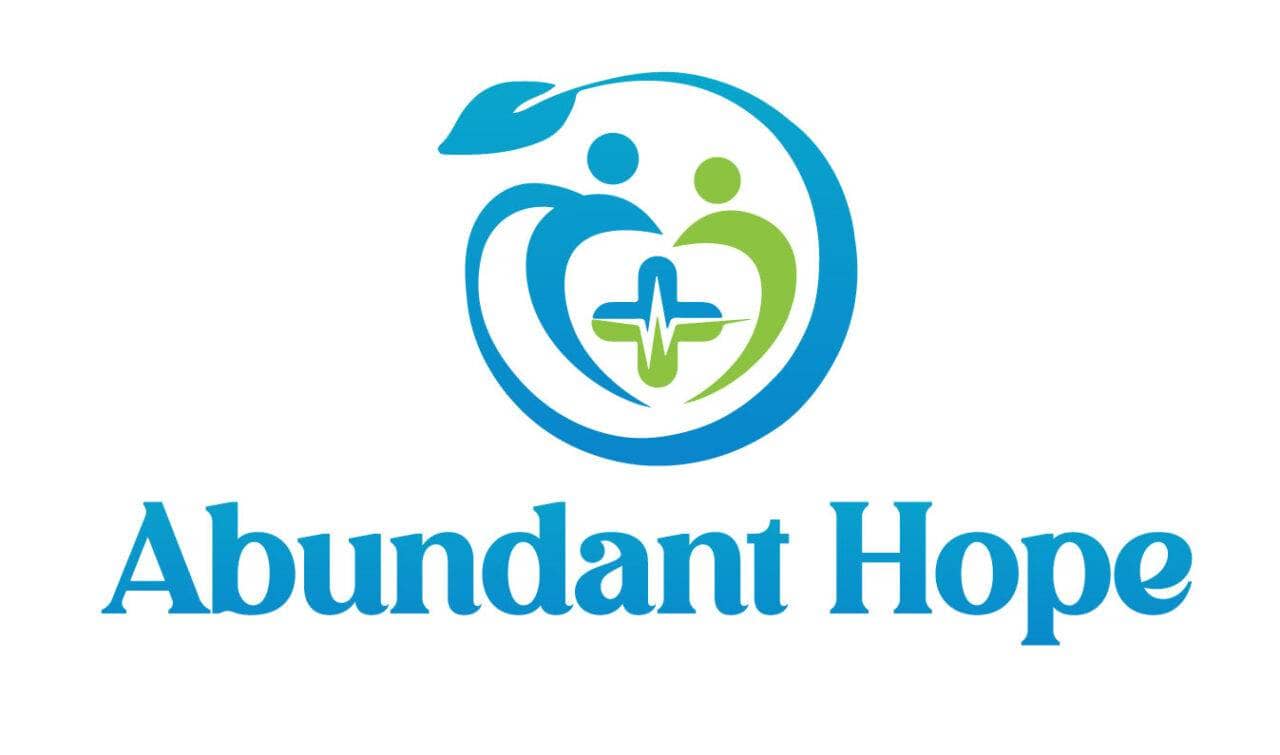The NDIS Development Life Skills Melbourne programs are designed to empower individuals with disabilities by fostering essential skills for independent living. They are applied-oriented life skills programs in personal care, meal preparation, budgeting, social interaction and other related programs. By enticing tailored support, they acquire confidence in their ability to complete day-by-day tasks and select and make jokes in social situations. Improving these areas allows these individuals to live in the community in a more fulfilling way for the longer term as they are better equipped for long-term independence.
Whether learning to manage finances or improving communication, the NDIS development life skills Melbourne programs are crucial in supporting participants’ growth.
Tailored support to the individual needs of each learner
Tailoring NDIS life skills development is one of its key features. It’s personalized in support of the unique needs of each participant. This could be a person learning to manage their finances by being given training in budgeting and bill management or someone learning to communicate better. These programs give people a degree of ‘flexibility’ – they can work towards their independence at the pace that suits them, setting goals that match up with what they want to achieve personally.
Building Confidence and Social Skills
The NDIS life skills development also provides another area of significance as regards social skills. For many of these participants, especially those on the autism or intellectual disability spectrum, social interaction is challenging. Some life skills programs promote social engagement, including group discussions, role-playing, and community outings. However, these experiences can make people feel more comfortable in social situations and do better at communication and relationship building.
Daily Living Skill
NDIS life skills programs in Melbourne also teach practical skills for everyday living. Through cooking, cleaning, and personal hygiene, the participants learn how to take care of themselves. These programs are important for people who want to live more independently because they help the participants assert how they wish to spend their day-to-day lives without depending on heavy external support. Over time, they teach people how to become self-reliant and close to independent living.
Enabling Long-Term Independence
The ultimate goal of NDIS life skills development is long-term independence. Participants become better able to fulfil the responsibilities of day-to-day life by augmenting their ability to learn new things, such as how to manage their health or, for example, how to use public transport. NDIS providers provide ongoing support so that progress is protected with frequent assessments and adjustments to the program as required.
Conclusion
A powerful tool in investing in NDIS Development Life Skills Melbourne is empowering those with a disability to live more independently. Personalized support, including practical skill building and a focus on social interactions, helps those who participate gain more self-confidence and a better quality of life. These programs allow individuals to feel more in control of their lives now and to let them develop the means to live more independently in the future.

